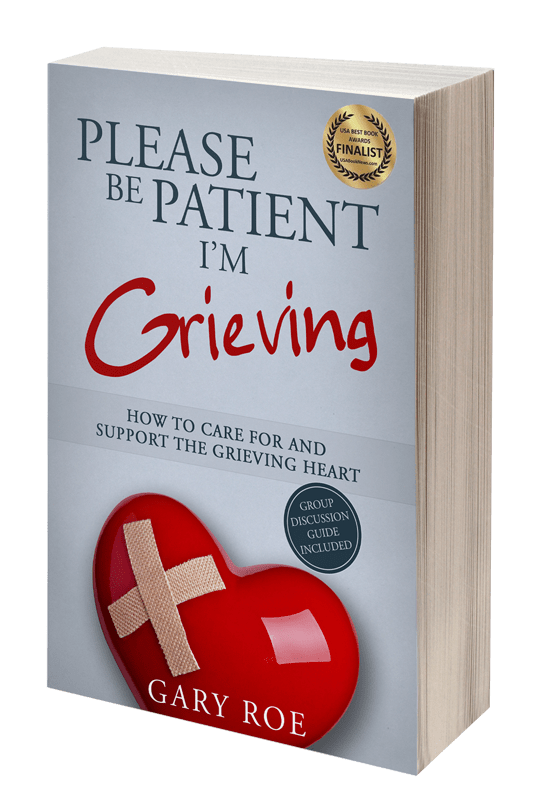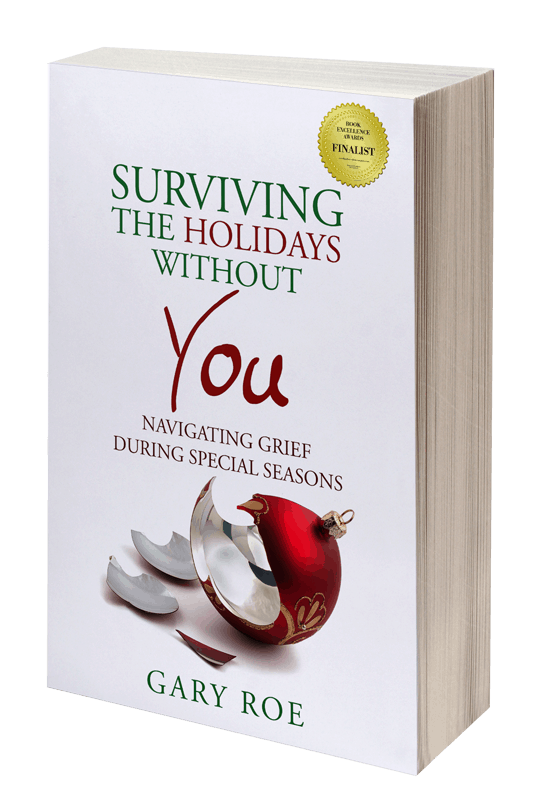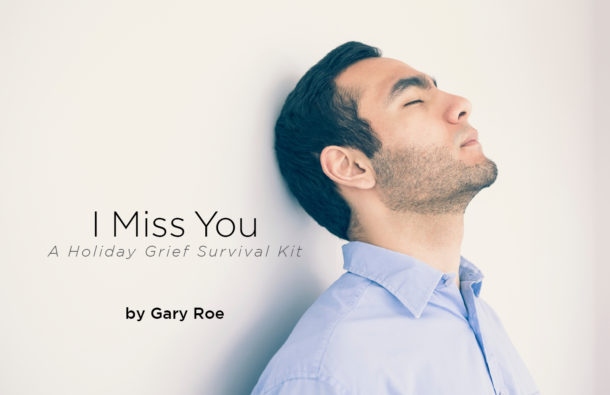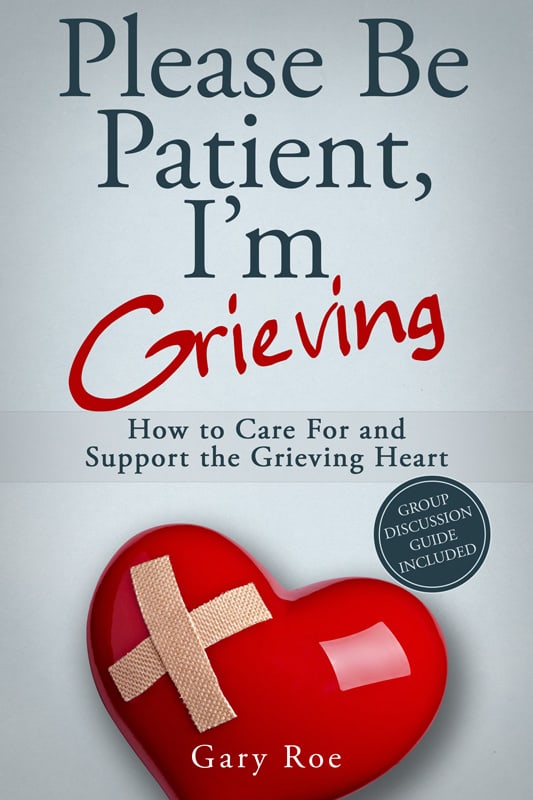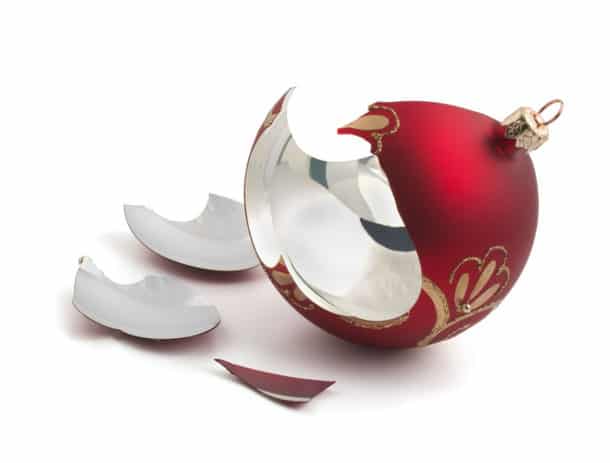[image_frame style=”framed_shadow” align=”left” height=”385″ width=”613″ link_to = “false” prettyphoto = “false”]https://www.garyroe.com/wp-content/uploads/2013/09/photodune-2180617-finger-smileys-with-speech-bubbles-s.jpg[/image_frame]
Photo courtesy of ©photodune.net
[div style=”!important; position: relative; top:-15px”]
[dropcap2 variation=”coffee”]M[/dropcap2]y youngest daughter and I were out driving. She just got her learner’s permit. Despite all my carefully devised routes, we found ourselves on a very busy six lane road, with construction, at rush hour.
Soon our side’s three lanes would become two. We were in the middle lane and a place opened up in the right lane where we could get off on a side street.
“There honey. Slip in there,” I said.
To my surprise (and horror), she signaled left and slipped in-between two cars through a space that appeared to be about half the size necessary for such a maneuver. She did it calmly without the slightest hesitation. Miraculously no one honked or got upset.
As she pulled up to the light and stopped, she sensed my tension. She looked over at me and said, “What?!” She had no idea. I burst out laughing.
We pulled over and talked about it.
“Honey, what was that?” I asked.
“Well daddy, you said, ‘slip in there,’ and I did. I just slipped left instead of right! How was I supposed to know?!” she responded.
Ah, when I think I’ve communicated oh-so-clearly, and then discover that the other person didn’t get it.
Can anyone relate?
Clear communication usually means very few (perhaps no) assumptions. I assumed my daughter knew which gap I was talking about. After all, it was obvious to me. But she happened to be looking left, not right, so it wasn’t obvious to her. In that case, I put us in danger with my assumptions and lack of clarity.
If we’re getting something different than we want or anticipate, let’s not assume the issue is with the other person. It might be, but that doesn’t absolve us of our responsibility to communicate as clearly as possible. In many cases, I ask people to repeat back to me what they’ve heard me say. I apologize and say that’s about me and not about them. I want to make sure I’ve communicated well.
Good communication has occurred when you know the other party has heard what you’ve said, but you don’t know that for sure until you’ve heard your message come out of their mouth.
Here’s to communicating better than ever…
[/div]





